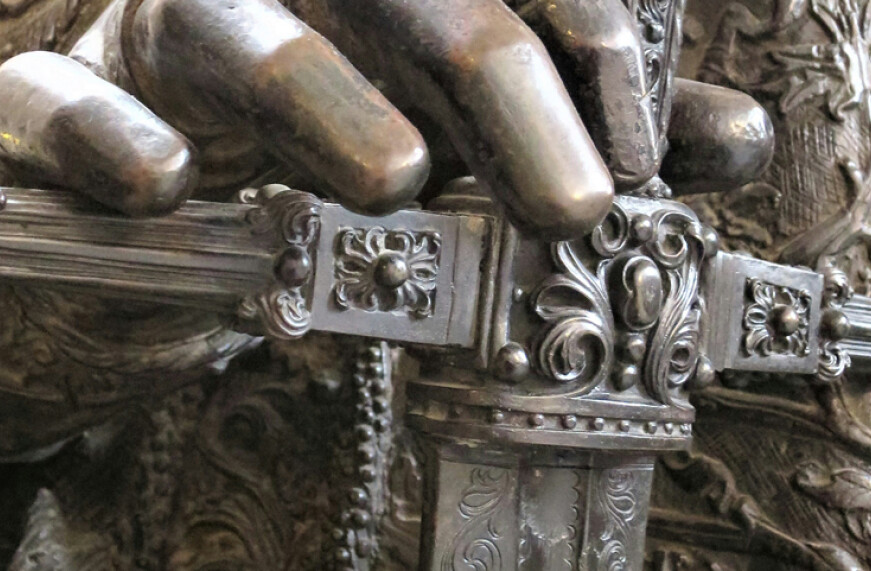Here We Stand

Many of you are familiar with the story of Martin Luther. He recounts his early days as a monk in the following way: “When I was a monk, I wearied myself greatly for almost fifteen years with the daily sacrifice, tortured myself with fasting, vigils, prayers, and other very rigorous works. I earnestly thought to acquire righteousness by my works.”
God delivered him to a place of rest in his meditation on Rom 1: 17. Through that text, Luther came to realize that salvation was a gift for the guilty, not a reward for the righteous. Man is not saved by his good works but by trusting the finished work of Christ. In other words Luther had a brush with the heart of God as made manifest in the Gospel.
Luther's Gospel experience was to spark a reformation and upset the halls of power in the Catholic church. Luther was eventually called to trial for his beliefs and was demanded to recant or face excommunication, possibly even death. When forced to renounce his teachings, Luther faced his inquisitors and famously said, “I cannot and will not recant anything, for to go against conscience is neither right nor safe. Here I stand, I can do no other, so help me God. Amen."
I share this with you because, as we begin a study of 2 Timothy, we see Paul taking his stand on these very same Gospel truths. For Paul, in prison at the end of his life, it seemed that "‘Christianity trembled, humanly speaking, on the verge of annihilation’. Who, then, would do battle for the truth when Paul had laid down his life? This was the question which dominated and vexed his mind as he lay in chains, and to which he addressed himself in this letter. Already in his first letter he had pleaded with Timothy to keep safe the deposit: ‘Timothy, guard what has been entrusted to your care’ (1 Tim. 6:20). But since then the situation had worsened. So the apostle’s appeal became more urgent. He reminded Timothy that the precious Gospel was now committed to him, and that it was now his turn to assume responsibility for it, to preach and teach it, to defend it against attack and against falsification, and to ensure its accurate transmission to the generations yet to come" (John Stott).
As we move into the fall, it is both an earnest responsibility and a deep privilege to immerse ourselves in these Gospel truths yet again. They are the center of our life together and we dare not move off that center. Like Paul, like Luther, here we stand.
Photo by Helena Lopes on Unsplash


